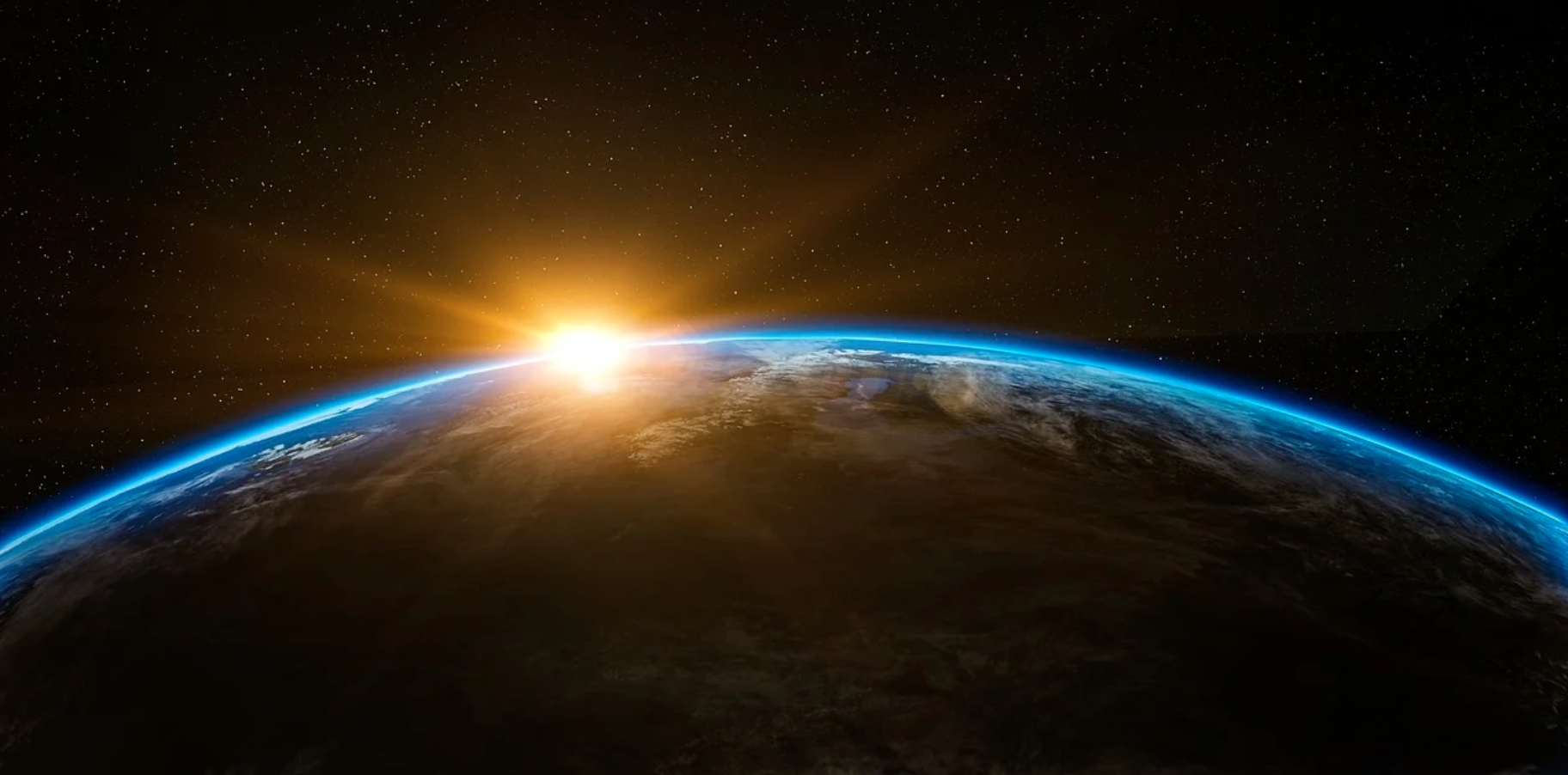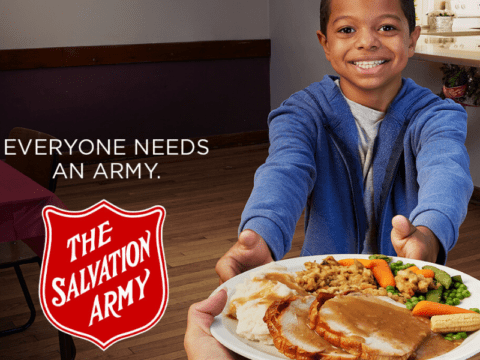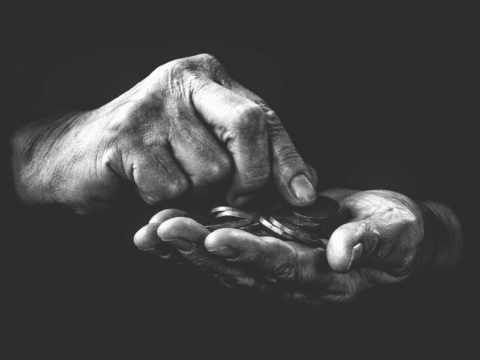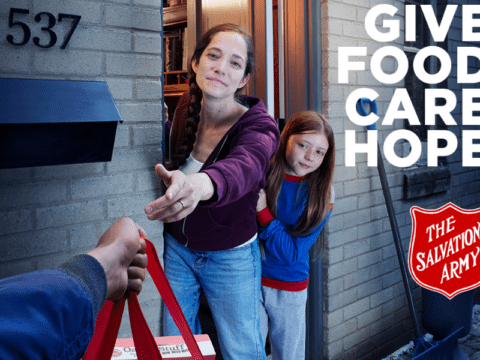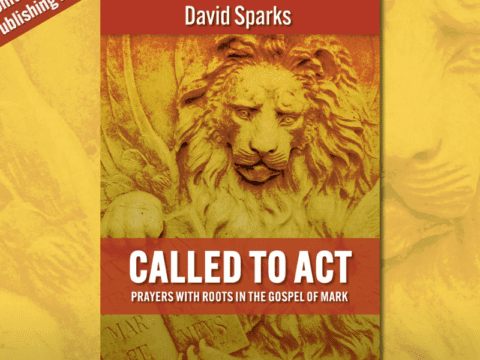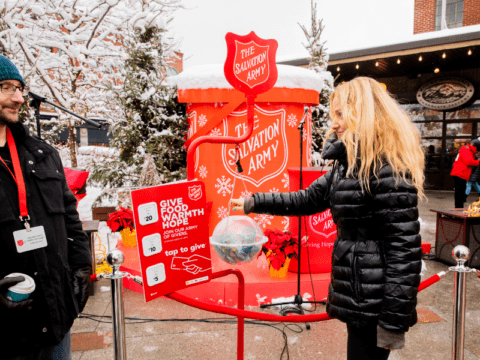I just spent a relaxing long weekend of camping with friends—a Labour Day tradition. Many others across the country use that weekend to host BBQs, attend parades, or start to close up the cottage. But this beloved long weekend didn’t begin as a picnic.
In 1872, unions were illegal. Working conditions were at best inconsistent and at worst oppressive. That year, 10,000 people took to the streets in Toronto after 24 typographers were jailed for daring to go on strike demanding a shorter workday. The demands for justice from those protesters and many thousands more workers over the following years led to a number of legal recognitions for unions, and establish this end-of-summer holiday (plus a number of important worker protections).
Similarly, many of our civic holidays and celebrations trace their lineage to social movements. Pride parades find their roots in the Stonewall Riots of 1969. Juneteenth, commemorating the end of slavery–accomplished after over a century of abolitionist organizing–is now marked by street fairs and cookouts. Martin Luther King Day in the US in January is a holiday to celebrate an amazing man who lost his life in the pursuit of justice.
Truth and Reconciliation Day is our country’s newest holiday. Right now, no one knows exactly how Canadians will stay connected to the still-fresh stories of residential schools, the Sixties Scoop, and the disproportionate number of Indigenous people incarcerated and kids in government care, but national acknowledgement of the genocidal impact of colonization is a start.
From where we sit in history, it is certainly worth celebrating these accomplishments, and Martin Luther King Jr. seems to be correct: the arc of the moral universe does seem to be bending towards justice.
But it wasn’t the universe that ended slavery, created labour laws, or protected the lives of 2SLGBTQIA+ folks. It was people. Generous people. People who did things like striking or voting a certain way, or gave things, like their money or their time–or their lives.
At the center of movements for justice is generosity. Generosity is the antidote to inequality. Generosity counters the greed, hoarding, and scarcity thinking that exacerbate disparity and marginalization. While much of philanthropy may indeed suffer from colonial tendencies and a complicated relationship to free-market capitalism, giving—as a donor, as a volunteer, or through mutual aid—is still the most meaningful way to keep nudging the universe toward justice.
Plus, giving feels good. It can relieve our anxiety and unhelpful preoccupation with our own needs. It is through giving that we are in touch with our own abundance and the awareness of how well provided for we already are.
And there is plenty of work to do in movements for justice. White supremacy, patriarchy, income inequality, and the existential climate emergency are all constantly present and all demanding to be addressed. It can feel overwhelming—where do we start? How do we triage so many urgent needs?
Start with generosity. Share extravagantly. Express gratitude. Remember that the arc of the moral universe is indeed long, but through sharing, together I believe we can almost see its bend toward justice.
You can help give the universe a gentle shove by supporting social justice movements and work around the globe and across Canada through a gift a to Mission & Service https://united-church.ca/donate
Vicki Nelson supports United Church of Canada Communities of Faith in Western Canada to inspire generosity and gratitude.

